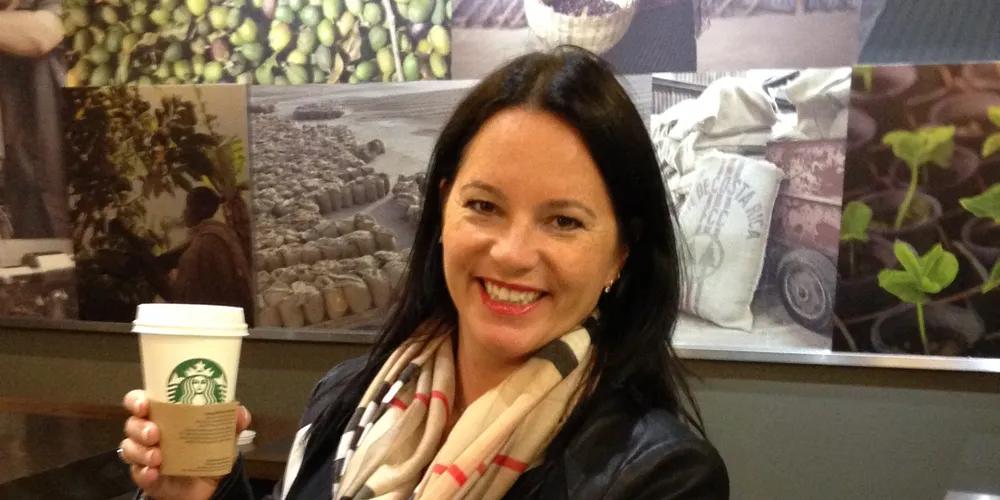Women in seafood: Trident's Torunn Knoph Halhjem
'Never be afraid to speak up and express your opinion, even if you are the only woman in a room filled with men. Also, simply ignore the men and women who want to give you the impression you can't make it. Proving them wrong is a true satisfaction and a confidence builder.'
